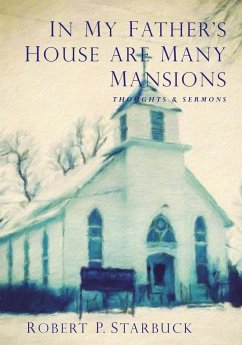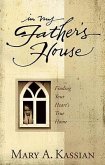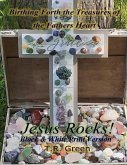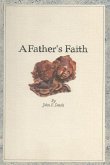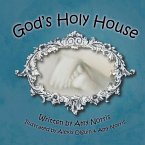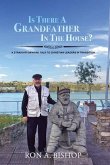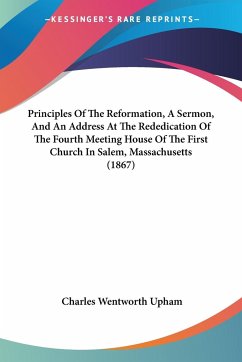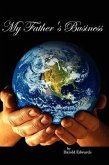In a time of cultural wars, social polarizations, fears, and the rise of nationalism, authoritarian ideologies and isolationists across the global there are questions we must ask ourselves as human beings. That is what this book does, as it also touches on the story of a generation who came before us. This is "The Greatest Generation" that lived through World War II and many of the veiled and evil -"isms" inflicted upon humankind in the 20th and now in the 21st century. The great American poet and 9th Librarian of Congress, Archibald MacLeish wrote these verses in his seventh book of poetry, The Hamlet of A.MacLeish - published in 1928. "We have learned the answers, all the answers It is the question that we do not know. We are not wise." As an ordained United Methodist minister for over fifty-five years, and practicing psychotherapist for over forty years, the Rev. Robert P. Starbuck never read the Bible in a literal way. It was always a quest, a quest which belongs to each of us, to ask the right questions. As a clergy, he saw the beloved Bible stories, readings, and lessons, as a way of wisdom. As a way of being and becoming; a way of renewal, redemption, reconciliation, forgiveness, and spiritual enlightenment. And as a Christian minister and therapist, as an American, he was actively engaged in healing and repairing the world. He saw the Bible stories as something to be taught, cherished, and celebrated as sacred literature and scripture. Our beloved stories of the Bible are filled with allegories and metaphors, pointing humankind towards a higher truth and experience of the divine. A way that points us towards an intimate and eternal relationship with the divine that is ours to claim, a new being and a new creation. As a minister he believed in and administered the Holy Sacraments of the church. He believed in God as the Ultimate Divine Mystery, the "Real Presence" of Christ, and the Holy Spirit - the Love of God, actively at work within the world. He was able to live in this mystery, to accept it fully and completely, and came to realize early in his adult life what Jesus was ultimately teaching humankind. Not to judge others, but to love God, and others as yourself - the "Golden Rule" in many faiths. We find this in the two greatest commandments of Christ. Hear what our Lord Jesus saith: "Thou shalt love the Lord thy God with all thy heart, and with all thy soul, and with all thy mind. This is the first and great commandment. And the second is like unto it: Thou shalt love thy neighbor as thyself. On these two commandments hang all the Law and the Prophets." - Matthew 22:37-40 In his ministry, he urged people to embrace life, to live their lives in great spiritual abundance and fullness, without separation, wholly aware and completely open - alive with wonder. He believed in Jesus and the message and gift of God's love, of salvation and oneness within the Trinity. He saw these as higher mysteries that take us beyond all religions and all religious beliefs, faiths, symbols, words, and images. He imagined God as something more. He believed in the unity of God's Spirit, the Holy Spirit, unseen and invisible that is always waiting for us to claim the power of God's love and healing within our own lives. And he believed in the transforming power of God's love, God as love and Christ as God's love made manifest within the world. In the end, this work is an affirmation of his faith. Ron Starbuck, Executive Editor - Sain

